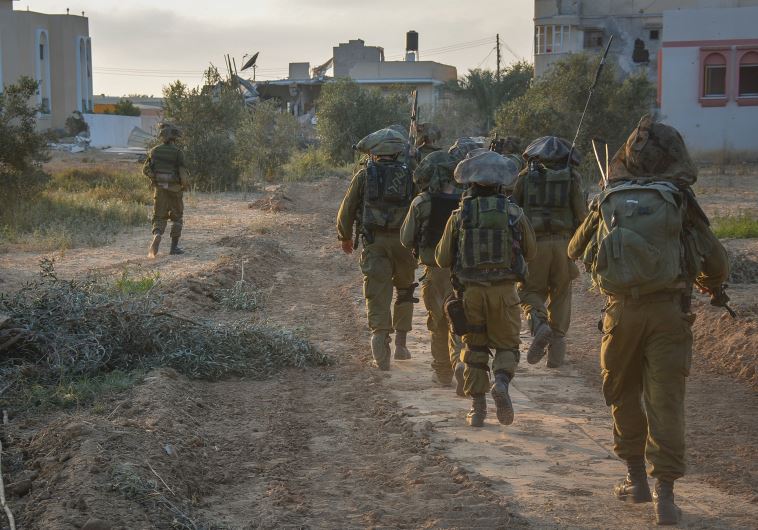Special 2014 Gaza war report finds IDF complied with int’l law
The comptroller, however, criticized probes delay, intelligence and educating soldiers.
 IDF FORCES operate inside the Gaza Strip during Operation Protective Edge(photo credit: IDF SPOKESMAN’S UNIT)Updated:
IDF FORCES operate inside the Gaza Strip during Operation Protective Edge(photo credit: IDF SPOKESMAN’S UNIT)Updated: